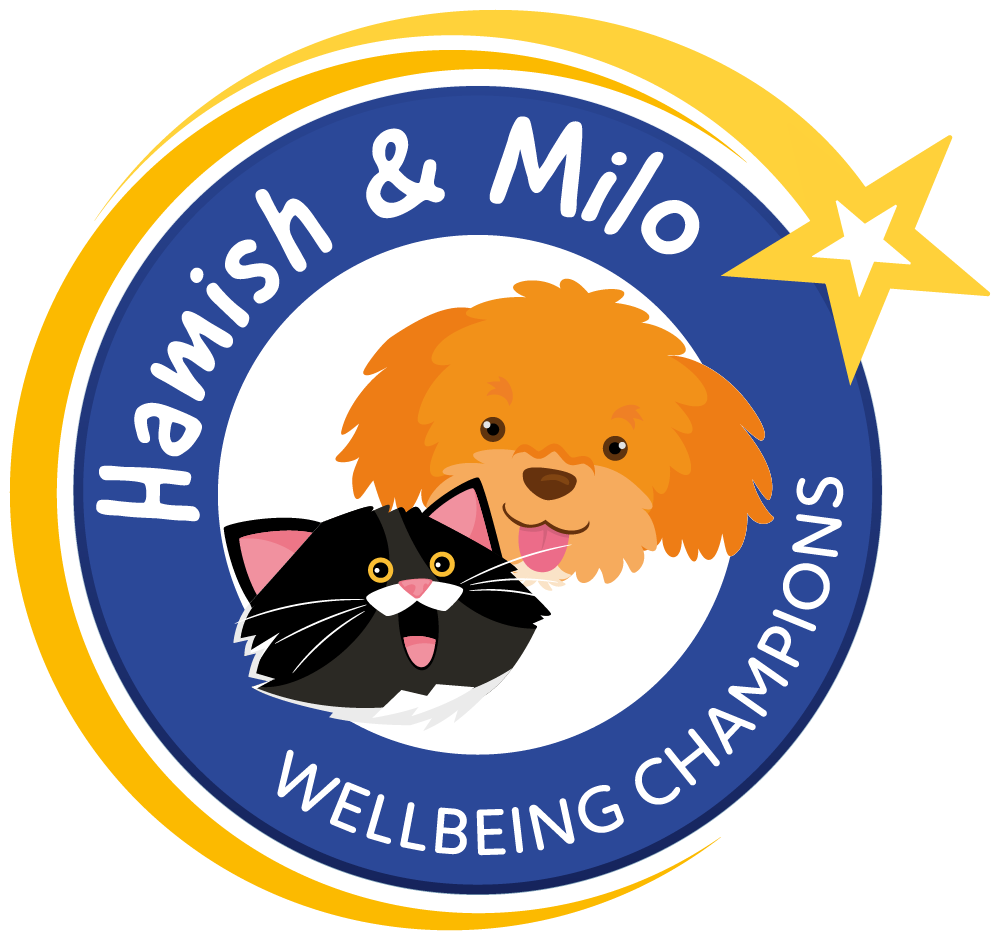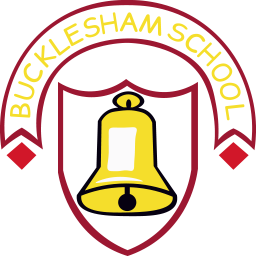Curriculum
- DFE National Curriculum
- Click the links on the right to find out more about each subject area and to see our Long Term Plans for each class.
Our Curriculum
Intent
|
At Bucklesham Primary School we aim to provide all children with an exciting and stimulating learning environment that fosters the development of the whole child, whilst maintaining high expectations and academic success. Pupil’s wellbeing and happiness is at the heart of our vision for success. Our curriculum is designed to nurture a thirst for learning and to encourage each child to reach towards their individual potential. Our ultimate aim is to foster caring, responsible and creative human beings, who are well equipped for the next stage of their learning journey. |
Our curriculum is carefully designed to allow our children to seek and make meaningful connections between subjects. We aim for them to be able to build on what they already know to make deeper connections and truly understand rather than just recall. We provide active learning experiences that allow children to develop social skills and build resilience. We develop and teach Growth Mindset, seeing mistakes as an opportunity to learn and not a reason to give up.
Our curriculum enables us to build strong relationships, celebrate diversity, encourage respect and build a sense of community. It provides and acknowledges success for all children, in all aspects of their development and it recognises, encourages and celebrates all types of talent.
Teamwork and responsibility are an essential part of our curriculum and we enable children to take on key roles, becoming involved in the community through fundraising efforts to support local and international causes and through caring for our environment.
Our school rules, PSHE lessons and assemblies promote positive attitudes, which reflect the values and skills needed for learning now, and for future success.
Children leave Bucklesham with the confidence and skills needed to be learners for life.
Our Curriculum Drivers
Diversity - At Bucklesham we recognise that our children are not from diverse religions, cultures and sections of society. We believe that children should learn about the rich diversity of people in their community and diverse places around the world. We want our children to accept all aspects of diversity such as religion, disability, age, gender, cultures and to be tolerant and accepting of differences.
Wellbeing - One of our key drivers in everything we do in school is wellbeing. We are passionate that all children need to be happy, healthy and able to cope with everything that life might throw at them. We teach resilience, confidence, positive self-esteem and coping mechanisms to all children in everything we do, as well as through our wellbeing curriculum. We also want them to develop an understanding of emotions, self-control, good relationships and keeping healthy in mind and body. We have trained peer mentors in the older classes to support children at break and lunch. We use mentoring and counselling where needed for individuals and small groups. We use the Hamish and Milo resources and Suffolk Mind training to support children learning about their wellbeing and mental health.

Environment – At Bucklesham, we are exceptionally lucky to have access to amazing outdoor spaces. Living in a rural community, we want the children to have the opportunity to learn about the great outdoors first hand. We will encourage the children to be active whilst using the outdoor environment and take great pride in our high quality PE provision. We also want to foster an appreciation of the environment and an appreciation of environmental issues. We have signed up to be a 'Wilder School' with the Suffolk Wildlife Trust which means a 3 year project to develop our grounds and outdoor education training for staff. Ash class are working with the Suffolk Wildlife Trust once a month for a whole day to work on devleoping wild spaces in our grounds.
Implementation – How is our curriculum put together?
|
The curriculum incorporates the statutory requirements of the National Curriculum 2014 and other experiences and opportunities which best meet the learning and developmental needs of the children in our school. A blocked curriculum approach has been implemented at the school to ensure coverage and progression in a number of curriculum areas. This approach enables project based learning, fostering each child’s curiosity and interest throughout each topic and also enabling the achievement of depth in knowledge and skills. We use a two-year rolling programme of topics which are linked with trips and experiences aimed to help move learning to long term memory, developing links and enriching topic teaching. Progression Maps in all areas of the curriculum are used alongside the Long Term Plan to ensure that skills, vocabulary and knowledge are built upon at each phase from Early Years, Key Stage 1, Lower Key Stage 2 and Upper Key Stage 2. The learning environment forms a key part of our school curriculum and is used effectively to support the learning in each topic. Through well-planned, stimulating activities, the children acquire a strong skills and knowledge base upon which their learning can develop. Teachers make good use of visits to areas of interest as well as inviting visitors into the classroom to provide enrichment and immersion in the topics taught. We are using our amazing outdoor areas to enhance learning outside. Teachers have a good awareness of each child’s needs and tailor their teaching accordingly. There is good use of questioning and opportunities for speaking and listening through discussion, paired/group work, role-play etc. Teachers make good use of their subject knowledge although they are reflective and are constantly looking for ways to improve their practice. The Headteacher, subject leaders and governors carry out monitoring regularly, observing lessons, talking to children and looking at their books to ensure there is a progression of expectation and challenge across the school. Marking is light touch but aims to provide instant feedback about successes and areas for development, using a marking code which the children understand. Time is provided for children to respond to any feedback or marking in their books and this has had a positive impact on children’s progress and their awareness of their next steps. Expectations in the amount of homework increases as the children progress through the school. We offer a ‘menu’ of choices linked to topics studied. Children are encouraged to develop their skills as independent learners in lessons as well as through homework projects and activities which develop their understanding of a range of topics and skills. Homework is shared in class and rewarded at the end of each half term. Our locality means that we are a feeder school to Kesgrave High School and we work hard to ensure smooth transition with many opportunities for visits throughout their time at Bucklesham. We are also part of the SLIN group (Suffolk Learning and Improvement Network) which links groups of three schools to quality assure areas of development. Meeting the needs of all our pupils as an inclusive school The school takes pride in providing a highly inclusive environment, where learners demonstrate high levels of enjoyment in their education and most make good progress in most subjects and areas of learning. Children at all levels are helped to achieve their potential. Those who are most able are challenged and supported through being offered tasks which provide opportunities for greater depth. Children with SEND are well supported through targeted use of resources such as Teaching Assistants in and out of class and intervention programmes, pre teaching and over teaching which are tailored to suit children’s needs. Where additional support from other agencies is required, parents are fully involved in this process from the beginning. Multi-agency meetings may be held to establish a programme for how the school and outside agencies can best support a child with particular needs - see the school’s SEND policy, SEND report and local offer, for further details. We work closely with parents of vulnerable children to make sure all children are well supported. Children who receive Pupil Premium funding experience enrichment such as free trips, music lesson, clubs, additional intervention and support with uniform and equipment costs. How do we teach the basic skills and assess progress? Little Wandle phonics resources and phonics is taught discretely in class on a daily basis in the EYFS and KS1, with rapid catch up for those children who still need it in KS2. As a result, the standard of phonic teaching is high and results are good. We are working with the Myland English Hub as a Partner School to develop our practice with this new scheme. The school uses ‘White Rose Maths’, ‘Kapow’ and 'CUSP' resources to ensure there is a high-quality offer of teaching throughout the school. The school uses PIXL as a diagnostic and intervention tool to ensure gaps are filled and children make accelerated progress. Most children make good progress and learn well. They are motivated to learn and pupil survey results highlight children’s enjoyment of school. Children are tracked closely and the attainment of every child in the school is discussed at termly Pupil Progress Meetings between teachers and the Headteacher. Successes are highlighted and used to share good practice as well as any identified barriers to progress. Children who are making less than expected progress are then discussed further with plans put in place to support them e.g., parent meetings, interventions, 1-1 tutoring and/or additional classroom support or small group work. Intervention is closely tracked to ensure maximum impact and cost effectiveness. Clear assessment procedures have been implemented by the school to track children’s attainment and progress through the curriculum. Teachers meet termly to moderate their writing assessments and share the children’s outcomes. We use PIXL assessments termly to ensure that children are meeting expectations in maths and reading for their age. We make assessment judgements in non-core subjects at the end of each unit. Data is shared termly with the governing body and discussed/scrutinised at Governor meetings. The EYFS teacher, the Y2 teacher and the Y6 teacher each attend external moderation meetings to ensure consistency of expectations and assessment. |
If you would like further information on the curriculum we teach, please contact the school directly.
We also hold a Parent Information Session for parents in each class each September to explain the curriculum and experiences on offer for the year for each year group. These are posted on Class Dojo for parents.
